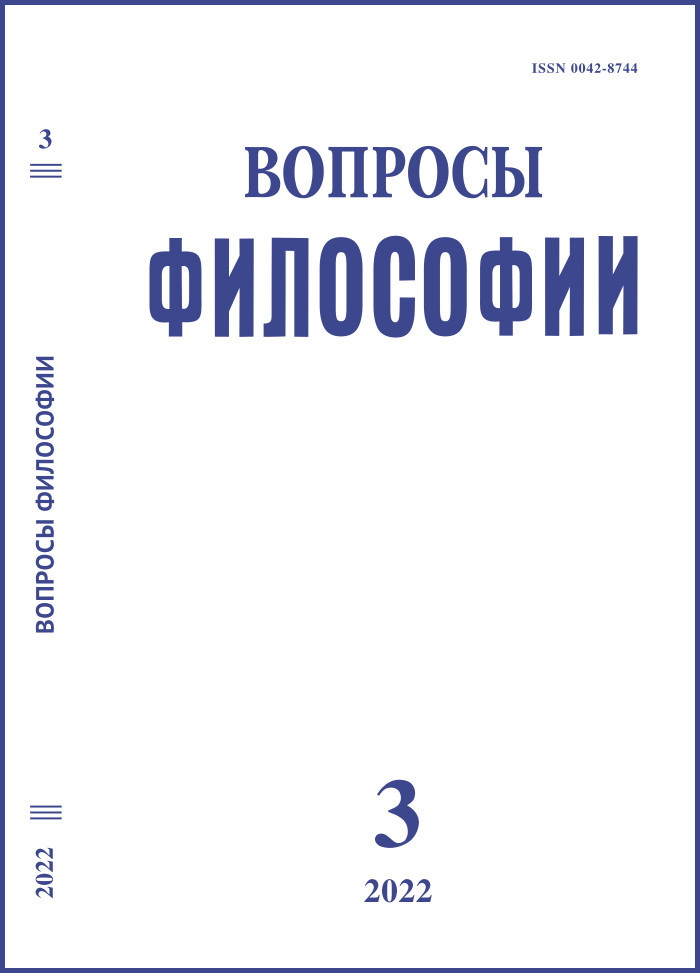«Поступил как Онегин с Татьяной»: молодой рабочий в пространстве советской культуры
DOI:
https://doi.org/10.21146/0042-8744-2022-3-167-174Ключевые слова:
власть, легитимация, пропаганда, советская культура, тоталитарная культура.Аннотация
Автор рассматривает значимость культурного пространства в жизни молодого рабочего одного из заводов г. Молотова. Впечатления советского рабочего отражены в личном дневнике, где отмечались важные моменты собственной жизни в период войны. У дневника есть очевидный культурный контекст. Автор медленно читает дневник А.И. Дмитриева, с целью понимания содержания культурного репертуара молодого советского рабочего, а также места и ценности культуры в повседневных практиках советской провинции. Состояние войны не означало смерть культуры, пытавшейся компенсировать трагизм окружающей реальности. В советском тылу присутствовали разнообразные формы культуры. Пример автора дневника подтверждает их огромное значение в формировании личности молодого советского человека. Изучение текста эго-документа А.И. Дмитриева позволяет сделать вывод о том, что культурное меню, указания на которое присутствуют в авторской рефлексии, в большинстве своем являлось продуктом тоталитарной пропаганды, что, в свою очередь, способствовало легитимации советской государственной машины. Наряду с явными пропагандистскими эффектами, культурное меню в период войны могло и реально обогащать советского человека новым знанием. Присутствовавшие в нем классические тексты позволяли расширить представление человека о мировой культуре.
Опубликован
Версии
- 2025-02-06 (2)
- 2022-03-31 (1)

